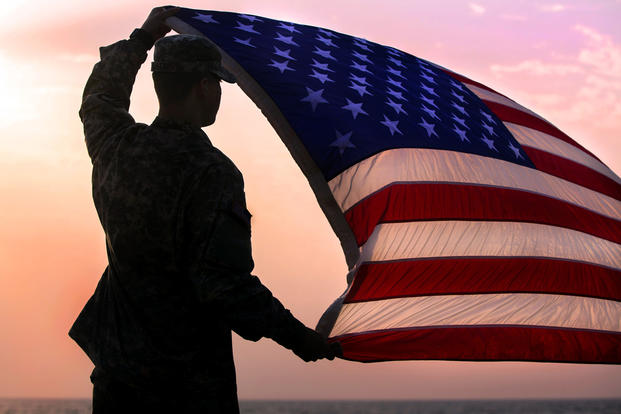When interviewing, and considering Veterans for hire, many recruiters and hiring managers question how transferrable the hard and soft skills these candidates bring to their civilian roles. Veterans are highly desirable candidates for most civilian jobs because of the skills they learned during their time in uniform, not despite them. The United States military is, by all accounts, the greatest leadership development institution in the world and the career success Veterans experience after joining the civilian workforce is testament to that claim.
The following is an excerpt from my upcoming book, "Engaging with Veteran Talent," publishing in May 2017. For more information on this valuable resource for employers, please contact me:
Understanding Soft Skills
Every military occupation has a unique code assigned to it. These are called Military Occupational Specialties (MOS) or Air Force Specialty Codes (AFSC) and they correspond to civilian jobs most closely when the MOS is within a technical functional area. Many technical skills have measureable standards for proficiency, and are accompanied by a certification or performance standard that transcends an industry (i.e. welding, electrician, dental hygiene, flying an aircraft, etc.)
MOS translators, however, often fail to translate soft skills from military experience as these skills are generally learned through experience and formal training, and don't necessarily have a universally common certification or performance standard. Soft skills are intangible characteristics that have varying measures of quality, proficiency, or expertise based on who is judging or making the assessment. Is someone a good manager or communicator? The answer often is "that depends."
Here are examples of various soft skills that you can expect to find in all military service members, to varying degrees of proficiency based on the length of their career and professional experience:
Teamwork and Leadership
The military work environment is structured with hierarchies of authority, levels of unit organization, multiple functional areas, culturally-diverse people, and a multitude of policies and regulations that govern how everything is done. Because of this environment, teamwork and leadership is critical to maintain order and discipline, and execute operations with high-performing teams.
At every level of authority and throughout their military career, military service members are continually learning about their areas of expertise, and being groomed and mentored for the next level of responsibility. A typical solider in the Army, for example, is expected to be able to perform at a position two levels above his own.
Career progression for active duty service members is more predictable and one ascends to the next grade level or is availed career-enhancing opportunities when they are, and continue to be, successful. Success in the military relies on being a team player and possessing leadership ability when in a role that demands it.
Great leaders also make good followers. In the military, to gain higher levels of command, you must be able to prove followership as well as leadership. No command group wants someone who can only lead and doesn't know when to salute smartly and move forward.
Critical Thinking and Problem Solving
The operational and tactical military work environment is dynamic, often unpredictable and highly stressful. As such, military service members are empowered to do whatever is necessary to ensure the safety of their team and to succeed at the mission or task at hand.
Critical thinking and problem solving is done by the leaders and service members on the ground, considering the resources available, mitigating known risks and continuing the mission. The adjusted plan may not be pretty, but being stuck or compromising the mission is unacceptable (not an option).
Cross-functional and Transparent Communication
Because of the hierarchical and diverse workforce in the military, cross-functional and transparent communication is critical for achieving clear understanding of roles, responsibilities, and expectations for performance.
Military service members very often speak with candor, not necessarily tact. When given an opportunity to respectfully speak their opinion, they will do so. They are often brutally honest because there is no room for second-guessing what someone means when in a highly stressful situation where lives can be at stake.
Endurance, Strength, and Resiliency
Most military service members are resilient and quite strong for having served. Many are confident, highly assertive, proud and honorable in their character and professional demeanor. They lived a value-based existence while serving their country and seek to work with purpose and measurable impact after the military.
About Lida Citroën
Lida Citroën, a branding expert based in Denver, has made a career of helping people and companies create new or enhanced identities. She is passionate about helping veterans learn how to compete for careers in the civilian sector. A TEDx Speaker, Lida presents her unique personal branding training programs across the U.S., at military installations and events, serves on the Board of Directors of NAVSO volunteers with ESGR, and has produced numerous programs and materials to help military veterans successfully transition after service. If you have a transition question Lida can help answer, email her at lida@lida360.com. She is also the author of the best selling book, "Your Next Mission: A personal branding guide for the military-to-civilian transition," available at www.YourNextMissionBook.com and on Amazon.





